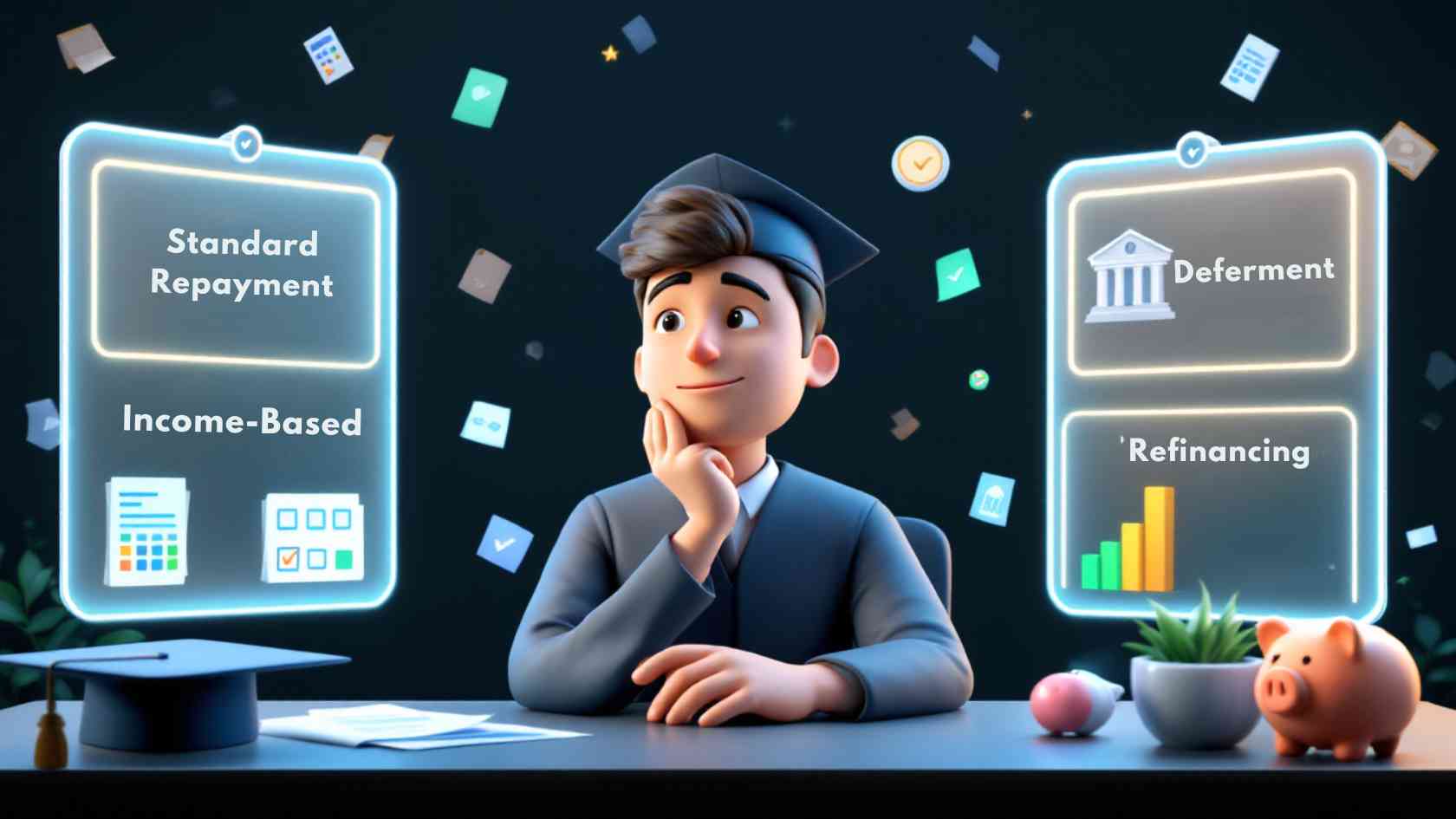The fact is that to pass it is surprising. Studies, tests, and hard work have finally passed, and you become a new chapter in your life after years. But being that as thrilling as such time can be, there are new responsibilities, particularly regarding money. One of the most significant adjustments for new grads is how to control their finances. Bills, student loans, rent, and the future are too many things to handle simultaneously. The positive side is that you can prepare yourself to become financially successful by embracing Smart Financial strategies—learning a few key principles and applying some common sense rules to your everyday decisions..
The secret is to begin early. By starting to create good habits now, even in the simplest forms, you will prevent unnecessary stress from occurring later. These savvy financial steps may make you feel powerful and self-assured as you tackle this next stage of your life, whether it be understanding your student loans, making a budget, or starting your first savings account.
Smart Financial Moves Every New Graduate Should Make
Understand Your Student Loan Repayment Options
Student loans are the first step toward behaving like a grownup. Although it may initially seem like a big problem to figure out how to treat them, with some time, you can learn about all your repayment possibilities and avoid spending a fortune on debt repayment. Refinancing is one thing that can be looked at. Refinancing student loans occasionally can enable you to decrease your interest rate, make lower monthly payments, or consolidate several loans into one.

Before making any decisions, it’s important to understand the basics. If you’re not sure where to begin, learning about student loan refinance meaning can give you clarity on whether refinancing is the right fit for your situation. In simple terms, refinancing means taking out a new loan with a private lender to pay off your existing loans.
The aim is to apply for a loan under more favorable conditions, such as a lesser interest rate or an alternate repayment plan. This is not appropriate in every case, but to some graduates, it may be a clever option of easing loan repayment. Simply consider the options, but ensure that you weigh the options if you have federal loans that provide protections that you may lose upon refinancing them.
Build a Budget That Works for Your New Life
After dealing with your loans, the following step is to develop a budget. A budget is merely a road map of where you will spend your money every month. It assists you in ensuring that you are addressing your needs, accumulating savings, and not going overboard in these areas that will upset your objectives. I can begin with making a list of your income and then your fixed expenses, which include, but are not confined to, rent, utilities, and loan payments. Then, expendable items such as groceries, travel, and leisure activities should be considered.
Budgeting does not imply it is a life where little or no fun is involved. It keeps you conscious of your expenses so you can decide to match your priorities. It is possible to find plentiful tools, starting with basic spreadsheets and ending with apps that do all the counting independently. The key is to find the right way that suits you and adhere to it. It should also be kept in mind that a budget is not something carved in stone. You can modify it as you know your spending behavior and your life situation changes.
Start an Emergency Fund
One of the smartest moves you can make early on is to build an emergency fund. This is money you set aside for unexpected costs, things like car repairs, medical bills, or even a sudden job loss. Having a small cushion can help you avoid turning to credit cards or loans when life throws a curveball your way.

You don’t need to save a huge amount right away. Even setting aside $20 or $50 a month is a great start. The goal is to build the habit of saving regularly. Over time, that emergency fund will grow, and you’ll have peace of mind knowing you’re better prepared for surprises. Many people find that setting up an automatic transfer into a separate savings account makes it easier to stay consistent without having to think about it each month.
Make Smart Credit Decisions
Credit is another fact that you should know as you develop your financial life. Wise use of credit may assist you qualify on good terms in loans, getting an apartment, or even getting some jobs that take a look at your credit history. The secret is about preforming good habits young. It is all about paying your bills regularly in a month, maintaining low balances to your credit cards and not getting into additional debt that you are not able to handle.
Supplied you have a credit card, then attempt to pay the whole balance on a monthly basis. This will enable you to avert the interest costs as well as ensure that your debts are kept at bay. In case you have taken a loan to purchase a house or personal loan, make payments on them too. A good credit history is a long haul, although you should aim to be responsible in the initial stage so that you have a better chance of getting on with additional opportunities in the future.
Begin Thinking About Retirement Early
An emergency fund creation is one of the most intelligent steps you can take at the beginning of your career. This is cash you save to cover emergencies, such as auto repair, health expenses, or even a layoff. Assuming even a small cushion would prevent having to access the credit card or even credit when life provides you with a curveball.

When the employer has a 401(k) plan, particularly one that matches the contribution, one should use it. Employer matches are free money, which increases your savings at an increased rate. If you do not have a 401(k), you can consider an alternative such as an IRA (Individual Retirement Account). For those exploring diversification with precious metals, setting up a gold IRA requires an approved custodian and attention to IRS contribution, rollover, and storage rules. Start where you can is the most important thing. Even saving a small sum every month will get you on the road to a sound financial future.
Also Read: Is Finance a Good Career Path? Insights and Opportunities
Small Steps Now, Big Benefits Later
It does not have to be a big deal to manage your money as a new graduate: all it takes is to consider several smart moves, such as learning about your loan options, preparing a budget, getting into a savings habit, using credit responsibly, and beginning to save. You can form a good basis for future achievements. It is not that everything has to be done right away without mistakes. It is all about making good decisions, learning as you please, and being coherent.
Every small step you take now adds up over time. As you build your confidence and knowledge, you’ll find that managing your money becomes less stressful and more empowering. So take that first step today. You’ve got this!










